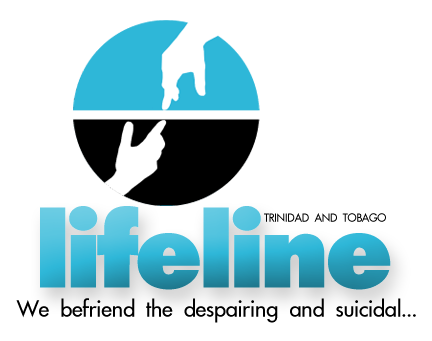Lifeline aims to provide a 24-hour service and to focus on peak times of demand.
Callers can contact the centre by the best means available but principally by telephone, letter, e-mail, or face-to-face.
Lifeline has two Outreach programmes: one to YTC and the Schools Outreach Programme (STOP).
All information relating to a caller is considered confidential, with only the following possible exceptions:
Lifeline has informed consent from a caller to pass on information.
Medical help is called because a caller appears to be incapable of making rational decisions for him or herself.
A court order is received requiring the centre to divulge information.
The centre is passed information about acts of terrorism or bomb warnings.
A caller attacks or threatens volunteers.
A caller deliberately prevents the service from being delivered to other callers.
Lifeline maintains confidentiality even after the death of a caller.
Lifeline publicly states how general information relating to callers is used.
Callers are informed of what volunteers can and cannot offer.
Calls are not recorded
All complaints are investigated fully and sympathetically and callers receive a response in the shortest possible time.
Callers in need of Lifeline’s services are accepted without prejudice and encouraged to talk or write about their feelings, acknowledge their emotions and explore options.
Volunteers use their listening skills, recognise the needs of callers and respond appropriately.
Volunteers will not impose their own convictions, or influence callers, in regard to politics, philosophy or religion.
If a caller is at risk of suicide, or in despair, follow up contact is offered.
With a caller’s permission, and after consultation with the Coordinator, a group of volunteers may be assigned to a caller, to offer support through a period of distress.
If a caller is in need of other help, information may be passed on about other agencies (if held). With a caller’s informed consent, and after consultation with the Coordinator, a referral will be made on his or her behalf.
The centre welcomes appropriate referrals from other agencies or individuals.
Lifeline aims to offer a consistent service to callers. To support this aim, the care being offered is regularly reviewed and evaluated, to ensure it encourages callers to work towards managing their lives without dependency or attachment.
Volunteers are subject to a police record check (where possible), selected and specially prepared.
To ensure the safety and welfare of callers and volunteers, services are only available while volunteers are fully supported by a colleague and the Coordinator.
Volunteers have a preparatory period to enable a review for both the benefit of the volunteer and Lifeline.
If a volunteer deliberately prejudices the emotional or physical safety of callers, or the reputation of the organisation, this will be deemed as an act of serious misconduct for which they will be dismissed.
Lifeline strives to make the service as accessible as possible to those most in need and support equal opportunities.
Lifeline reserves the right to end a call or withdraw the service if it is being used inappropriately.
Callers remain responsible for their lives and do not lose the right to make decisions even if that decision is to take their own life.
Lifeline was registered as a non-profit operating in Trinidad and Tobago in June 1980.
Send us your queries at [email protected]
Developed by the Lifeline Media Committee. Copyright © 2022. Created through the in-kind contributions of Ryan Seemungal and Christopher Andrews.
